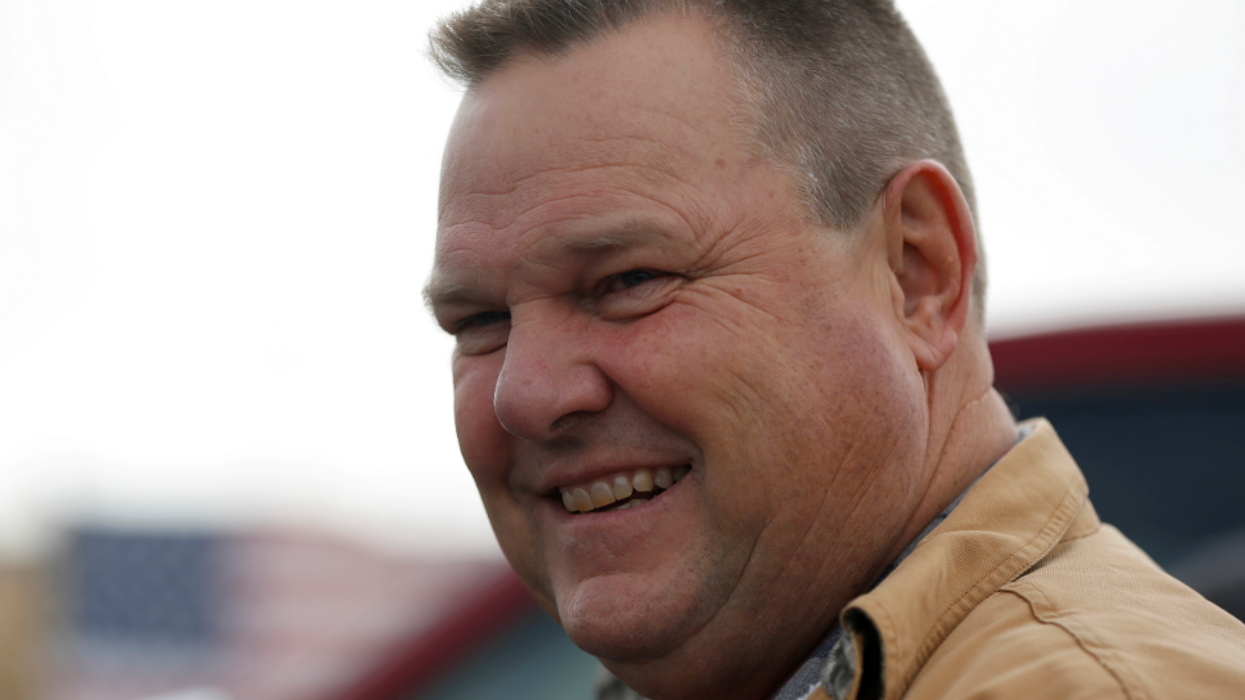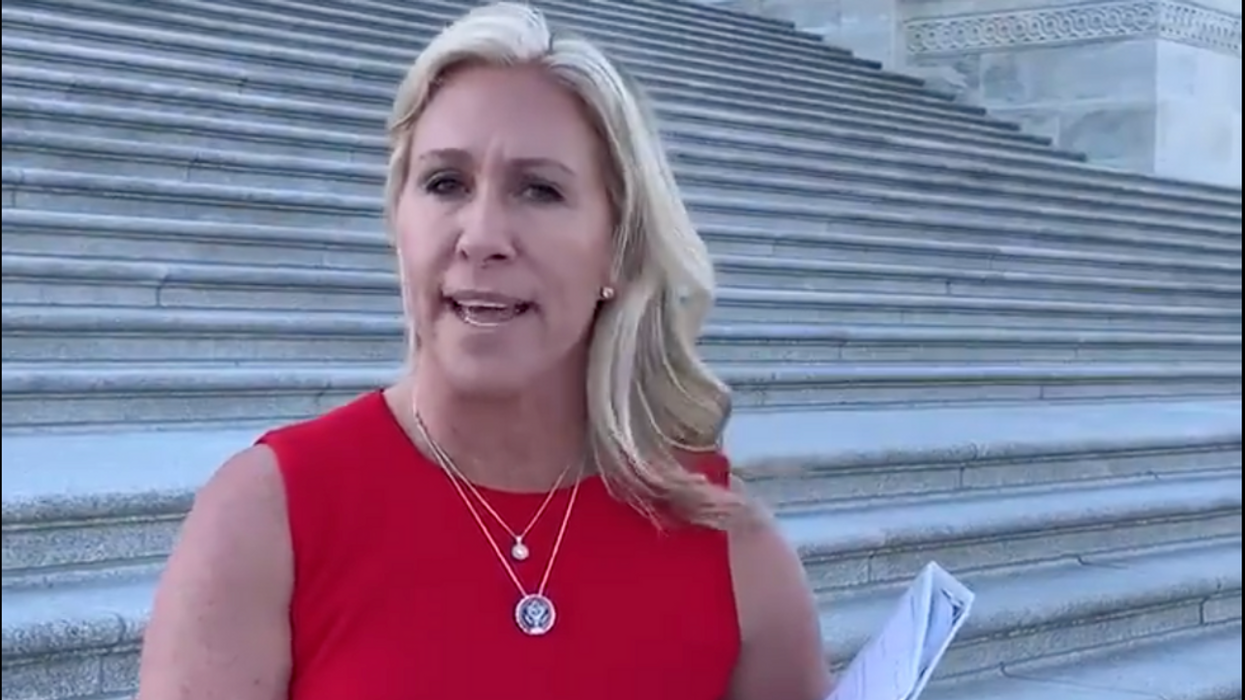Senate Democrats Still Outpacing Republicans In 2024 Fundraising
Republicans can win back control of the U.S. Senate by flipping two Democratic seats. But that may prove difficult if the GOP continues to get out-worked by the Democratic Party's fundraising machine.
A Friday report by Bloomberg's Bill Allison revealed that despite having the support of conservative billionaires like investor Ken Griffin and the Charles Koch-funded Americans for Prosperity infrastructure, the GOP is still unable to catch up with Democrats in the 2024 money race. As of March 31, Ballotpedia's tally of party committee fundraising shows that Democrats and their affiliated House and Senate campaign arms have raised a total of $462.2 million in the 2024 campaign cycle, with $157.3 million in cash on hand. Republicans and their congressional fundraising operations, on the other hand, have raised $375 million with $114 million on hand.
"The money woes are a headwind for Senate Republicans, who seek to win a majority to pursue legislation to bolster US-Mexico border security and renew expiring tax cuts," Allison wrote. "It’s also a warning sign for presumptive GOP nominee Donald Trump, who needs to win many of the same states hosting crucial Senate races."
Currently, the math favors Republican Senate candidates far more than Democrats, with the GOP only having to defend 11 seats compared to Democrats' 23. The most competitive Republican contests are in reliably red states, where Sens. Rick Scott (R-FL) and Ted Cruz (R-TX) are seeking their second and third six-year terms, respectively.
Democrats, however, are in a far more precarious position, with several senators in highly competitive races hoping to win another term in states where Trump won easily in both 2016 and 2020. Sen. Joe Manchin (D-WV) is not seeking another term, and Republicans are expected to easily win that seat given that the Mountain State went for Trump by double-digit margins in the last two elections.
This means that the GOP — which currently has 49 U.S. senators — could win back the majority by taking just one of the close contests in either Arizona, Montana, or Ohio. After Sen. Kyrsten Sinema (I-AZ) announced she would not be running for reelection, the Grand Canyon State's Senate race will be between Republican election denier Kari Lake or Rep. Ruben Gallego (D-AZ). Sen. Jon Tester (D-MT) is seeking a fourth term in November, and is the lone Democrat representing a statewide seat in the Big Sky State, which Trump also won handily in both 2016 and 2020.
Ohio's U.S. Senate race may be the most expensive, given the Buckeye State's wealth of Electoral College votes (17 in 2024), longtime incumbent Sen. Sherrod Brown's (D-OH) bid to keep his seat for a fourth term and the surprising result last year to permanently enshrine abortion rights in a now-comfortably red state that Trump won in both of his past campaigns. Ohio Republicans nominated Bernie Moreno in last month's primary, who has indicated support for a national abortion ban after 15 weeks of gestation.
Allison reported that the GOP has attempted to shore up its fundraising gap with Democrats by recruiting wealthy candidates who are able to invest large sums of their own personal wealth into their own campaigns. But GOP candidates are even trailing in those races with the exception of businessman Eric Hovde in Wisconsin, who slightly outperformed Sen. Tammy Baldwin (D-WI) in first quarter fundraising by loaning his campaign $8 million.
Businessman Tim Sheehy, who is running against Tester in Montana, is one example of that strategy in practice. The former Navy SEAL who launched his own aerial firefighting business has raised $8.3 million so far in the 2024 cycle, and has $1.9 million in cash on hand according to data compiled by Opensecrets. However, Tester is running up the score with more than $32 million raised and $12.6 million in cash on hand.
Trump's own legal woes could also be holding back the GOP from investing more in down-ballot races like the Arizona, Montana and Ohio Senate races. After his daughter-in-law Lara Trump was elected as co-chair of the Republican National Committee (RNC), the Trump campaign and the RNC entered into an agreement in which Trump's affiliated PACs — which help pay his legal expenses — get a cut of funds raised by the RNC before they actually go into the RNC's own accounts. The former president not only has two massive civil judgements adding up to a hefty nine-figure sum to contend with, but he is also having to pay to defend himself from 88 felony counts in three separate jurisdictions this year.
Reprinted with permission from Alternet.




